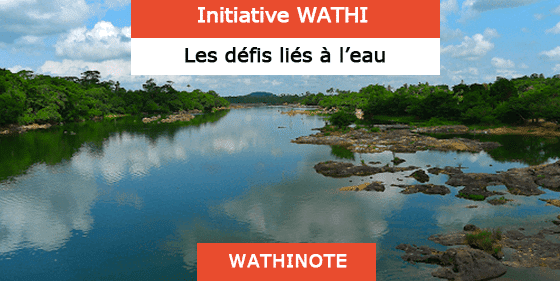

Affiliated organization: UN Security Council
Site of publication: www.un.org
Type of publication: press release
Date of publication: 17 September 2020
« It is starkly evident that people affected by conflict are also disproportionately impacted by climate shocks », the head of an international humanitarian organization told the Security Council in a 17 September videoconference meeting, calling for more in-depth policy reflections on the links between environmental degradation, climate risk, humanitarian needs, and peace and security.
In the face of the cumulative pressures of conflict, climate change and environmental degradation, communities in the Sahel and Lake Chad region “now walk on a tightrope of survival”, said Peter Maurer, President of the International Committee of the Red Cross (ICRC), which works closely with the United Nations.
Reporting on his recent visit to Niger and Burkina Faso, he said people there were displaced firstly because of conflict and violence, as well as violations of laws and principles. But, they are also witnessing increasing tensions between communities because of changing rainfall patterns and scarcity of land for agriculturalists and pastoralists. The same communities are hit with damaging floods and droughts.
Meanwhile, the escalation of violence in the Sahelian strip and the Lake Chad Basin has led to an increase in the number of displaced persons throughout the region, in which one in four people in the Sahel live in conflict zones and 4.5 million are either internally displaced or refugees
Ibrahim Thiaw, Executive Secretary of the United Nations Convention to Combat Desertification, said a large proportion of conflict is rooted in environmental matters.
In the Sahel region alone, violence often erupts over depleting land and water availability, with a combination of three factors exacerbating the situation: heavy reliance on natural resources; climate change consequences; and a steady population increase.
While droughts have always existed, they occur more frequently and severely, now regularly affecting 70 nations, he continued. In the last three years alone, more than 25 countries declared a national emergency due to drought. Years of drought generally correspond to years of economic downturn for many countries whose economies essentially depend on the primary sector.
Referring to the “Great Green Wall” initiative launched by the African Union, with the aim of building a 15 kilometrewide, 8,000 kilometrelong stretch of trees and other vegetation from Mauritania to Sudan, she said such projects will be a solution to multiple problems, such as forced migration, instability and conflict in the Sahel.
In the Sahel region alone, violence often erupts over depleting land and water availability, with a combination of three factors exacerbating the situation: heavy reliance on natural resources; climate change consequences; and a steady population increase
In the ensuing discussion, Kalla Ankourao, Minister for Foreign Affairs, Cooperation, African Integration and Nigeriens Abroad of Niger, Council President for September, spoke in his national capacity, underscoring that all regions of the world are experiencing the effects of climate change in varying proportions, but Africa has been hard hit and responses have been timid.
In the Sahelian region and the Lake Chad Basin, marked by great fragility and exponential population growth, climatic shocks prevail alongside grave security concerns. In a region where the majority of the population lives from agriculture, the predicted 2°C increase by 2050 could lead to a 15 to 20 per cent reduction in food production.
Meanwhile, the escalation of violence in the Sahelian strip and the Lake Chad Basin has led to an increase in the number of displaced persons throughout the region, in which one in four people in the Sahel live in conflict zones and 4.5 million are either internally displaced or refugees.
This represents almost three times the number in 2012. This “double shock” echoes warnings by agencies working on the ground, he said, adding that climate change and conflict dynamics create a “feedback loop”, whereby the environment-related impacts create additional pressures, while conflict undermines the capacity of communities to cope.
Les Wathinotes sont soit des résumés de publications sélectionnées par WATHI, conformes aux résumés originaux, soit des versions modifiées des résumés originaux, soit des extraits choisis par WATHI compte tenu de leur pertinence par rapport au thème du Débat. Lorsque les publications et leurs résumés ne sont disponibles qu’en français ou en anglais, WATHI se charge de la traduction des extraits choisis dans l’autre langue. Toutes les Wathinotes renvoient aux publications originales et intégrales qui ne sont pas hébergées par le site de WATHI, et sont destinées à promouvoir la lecture de ces documents, fruit du travail de recherche d’universitaires et d’experts.
The Wathinotes are either original abstracts of publications selected by WATHI, modified original summaries or publication quotes selected for their relevance for the theme of the Debate. When publications and abstracts are only available either in French or in English, the translation is done by WATHI. All the Wathinotes link to the original and integral publications that are not hosted on the WATHI website. WATHI participates to the promotion of these documents that have been written by university professors and experts.
